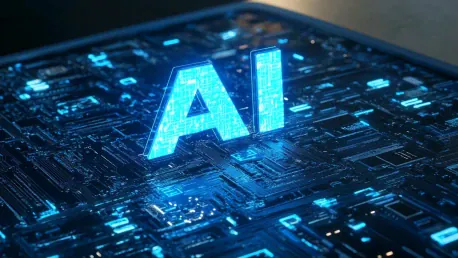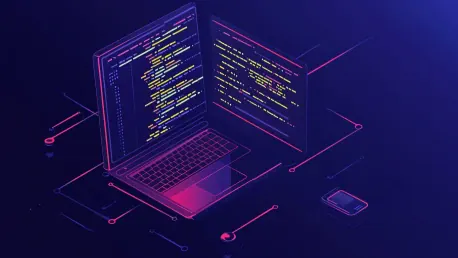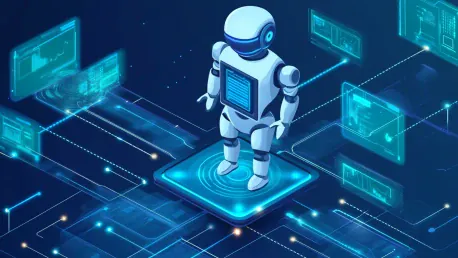
The transformative impact of artificial intelligence (AI) on the tech industry is reshaping job roles, coding practices, and workforce dynamics at major technology firms. The rapid integration of AI technologies into business operations has led to the automation of many traditional coding tasks and

As artificial intelligence continues to evolve, researchers face increasingly complex challenges in developing models capable of performing deep algorithmic reasoning. This evolution has highlighted a need for frameworks that can address the intricate logic of programming tasks. Enter

As the tech industry grapples with a "developer crisis," the emergence of AI coding tools has been hailed as a potential solution for boosting productivity and speeding up code delivery. However, despite these promising benefits, numerous challenges and limitations accompany the

As AI and ML technologies continue to revolutionize various industries, they bring about extraordinary enhancements such as fraud detection in financial sectors and advancements in diagnostic imaging within healthcare. Despite the transformative potential of these technologies, their integration

As artificial intelligence (AI) and machine learning (ML) continue to grow and become more integral to organizational processes, the necessity for robust security measures has never been more critical. With AI increasingly utilized for creating, sharing, and storing data, there is a heightened

Low-code/no-code (LCNC) platforms are revolutionizing how applications are developed by simplifying and expediting software creation, allowing a broader range of individuals to engage in the development process. Historically viewed as supplementary tools within an organization's tech stack,